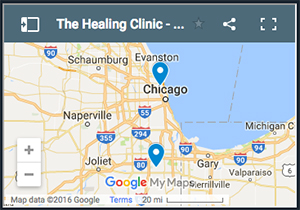Recreational or medical: intentions are critical in Trump administration response to cannabis use
With the election of Donald Trump, many have wondered where his administration would stand on the issue of legalizing marijuana. Feb. 23, the President’s White House Press Secretary Sean Spicer gave a glimpse into the answer to that question. At a press briefing, he indicated that, while it is largely up to the Justice Department, he believes “that you’ll see greater enforcement” of federal laws pertaining to marijuana usage.
When it was pointed out that, during the campaign, then Candidate Trump spoke in support of medical marijuana, Spicer indicated that there is a substantial difference between recreational marijuana use and cannabis used for medicinal purposes. This seems to indicate that, for those who use medical cannabis, there is little to worry about; only recreational marijuana is under scrutiny for greater federal law enforcement.
There are seven states, and the District of Columbia, that have legalized recreational marijuana: Washington, Alaska, California, Colorado, Massachusetts, Nevada and Oregon. D.C. and 28 states have legalized medical cannabis.
Of the states that allow the use of medical cannabis, 12 only allow non-psychoactive medical cannabis. They are: Alabama, Georgia, Iowa, Kentucky, Oklahoma, South Carolina, Tennessee, Texas, Utah, Virginia, Wisconsin and Wyoming.
While this does not please proponents of legalized marijuana for recreational use, it is comforting news for those who use medical cannabis. Assuming the Trump administration’s position doesn’t change, those reaping the benefits of medical cannabis should be able to continue doing so.




